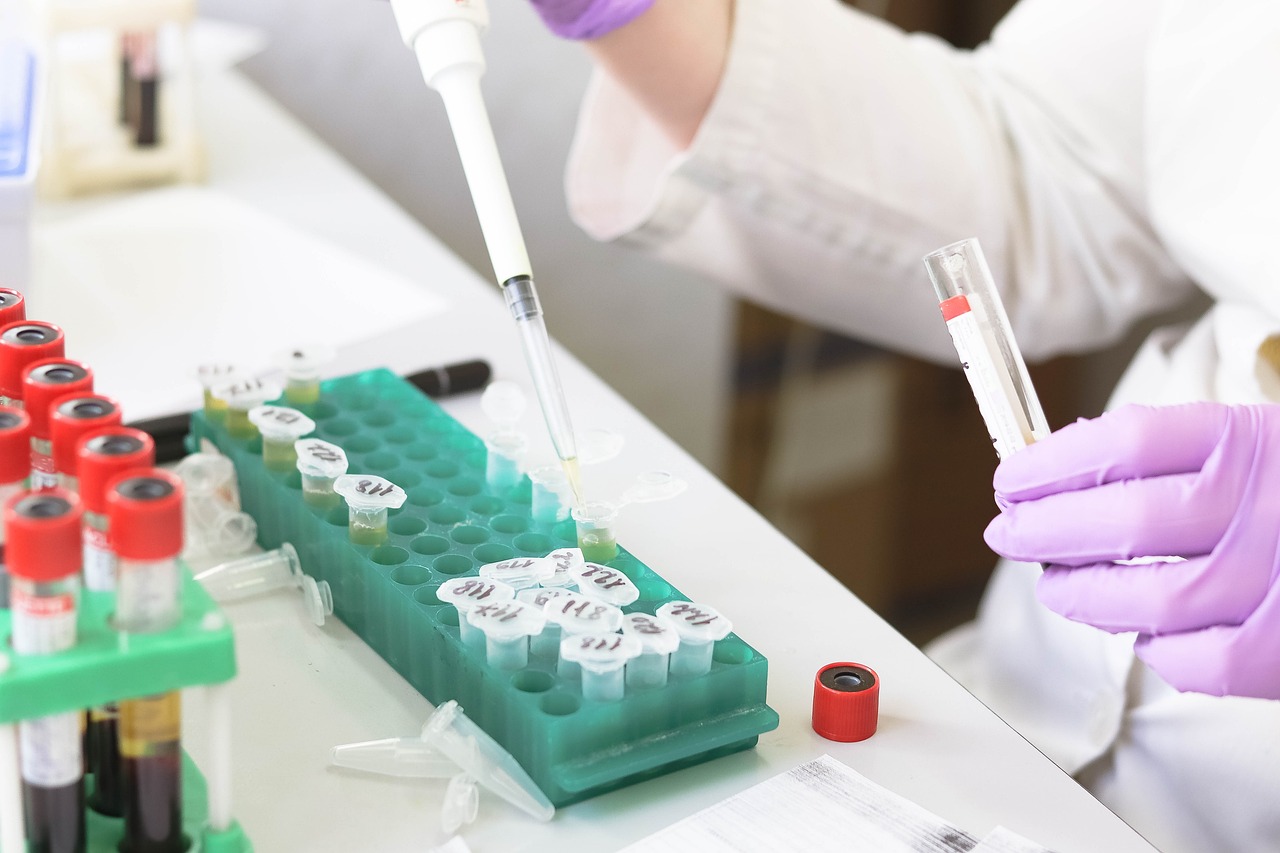The national rotavirus vaccine program has dramatically reduced hospital admissions for severe gastroenteritis in young children by more than 80 per cent, according to new research.
Women’s and Children’s Health Network (WCHN) Senior Medical Scientist, Michelle Clarke, said the study examined the vaccine program’s impact on the rate and severity of the illness.
“Rotavirus infection can lead to severe gastroenteritis, which usually begins suddenly with vomiting followed by diarrhoea,” Ms Clarke said.
“It can result in dehydration and hospitalisation and can affect infants and children multiple times in their lives.
“Our research found the vaccine program has been incredibly effective at reducing the rate of hospital admissions to the Women’s and Children’s Hospital (WCH) which has meant more families have been able to avoid an unwanted trip to the hospital.”
The rotavirus vaccine program was introduced into the National Immunisation Program in 2007.
To assess the impact of the program, researchers compared cases for the two years before it was introduced and for the four years after.
The study examined the medical reports, vaccination status and lab results for children under the age of five years old who presented to the WCH with gastroenteritis caused by rotavirus infection.
The research found the average annual number of children requiring hospitalisation for severe gastroenteritis reduced by more than 80 per cent while in children aged six months to two years, it reduced by more than 90 per cent.
Ms Clarke said the study also found vaccinated children who contracted the illness scored lower on the severity scale compared to unvaccinated children.
“These results are reassuring because they show vaccines like this are having a profound effect on infants and young children,” Ms Clarke said.
WCHN CEO, Lindsey Gough, said the research demonstrates how effective vaccines are helping to improve patient outcomes.
“Vaccines like this play a key role in helping us provide the highest quality care to the babies and children of South Australia,” Ms Gough said.
“Research is one of the cornerstones of any respected institution and we support our staff in this important work so they can inspire others and share knowledge.”
The research was supported in part by a research grant from the Investigator Initiated Studies Program of MSD.
The article titled Clinical Severity of Gastroenteritis in Children Hospitalized With Rotavirus Infection Before and Post Introduction of a National Rotavirus Vaccination Program in Australia has been published in the September edition of the Pediatric Infectious diseases Journal.







